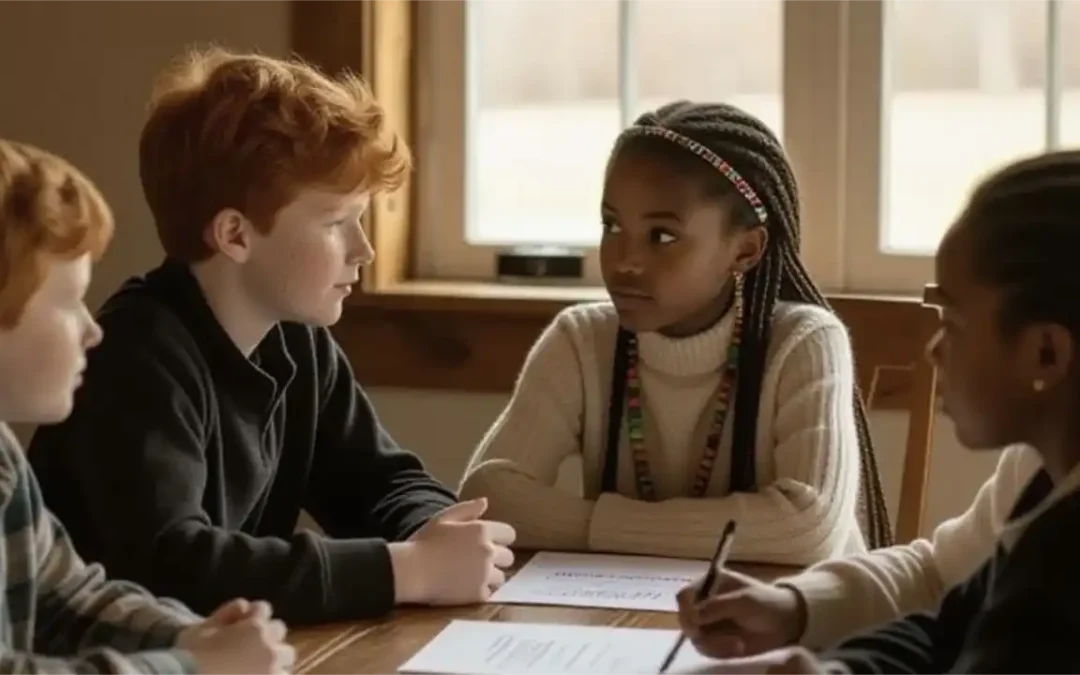
Family Discussions and Debates: Play Roles to Grow Strong
R
ole-play offers a powerful way to help children stretch their thinking. When they step into another perspective, they don’t just practice speaking—they learn how to hold an idea, defend it, and respond with flexibility. The agoras of old were full of such exchanges, where ideas came alive in performance and persuasion. You can bring that spirit home.
One night, my son and I acted out a town hall meeting, with him as the leader proposing a change. At first, he stumbled, unsure how to begin. But as I asked questions—“Why should we support it?”—he found his footing. By the end, he wasn’t just making a case—he believed in it. That spark carried into school, where he now speaks with conviction during debates.
Use role-play to explore real situations—friend conflicts, decisions, disagreements. Switch parts, replay scenes, and let them experiment with different angles. It’s not about rehearsing the perfect answer—it’s about gaining agility, empathy, and poise under pressure.
Family discussions and debates

Family Discussions and Debates: Fuel Fun in Every Spar
Make debate and discussion playful to build thinking, confidence and family connection. Embrace fun sparring at home and watch children grow strong.

Family Discussions and Debates: Clash Ideas with Fire
Encourage spirited conversations that teach children to articulate their thoughts and listen to others. Build respectful communication and confident voices.
Table of contents

Primordial Soup for the Mind: Navigation
Navigate the book Primordial Soup for the Mind.
TIPS
-
Act out arguments or social dilemmas to explore new views.
-
Take turns being the “opposite side” to build fairness.
-
Pause the role-play to ask, “How did that feel?” or “What else could they say?”
ACTIVITIES
- Switch Roles: Act out a real disagreement with your child—then switch parts and replay it.
- Script a Scene: Pick a friendship issue (e.g., being left out), and co-write two possible endings.
- Improv Talk: Take a news headline or story and role-play how different people might react.
EXAMPLE
My daughter felt furious about a friend excluding her. We acted out the moment, switching roles. Seeing it from her friend’s side changed her tone—and the next day, their talk went better.

Download “Primordial Soup for the Mind: A Parent’s Guide to Nurturing Intellectual Growth”
Enter your information to get this article and hundreds more as part of the FREE book Primordial Soup for the Mind.
Share your thoughts with the Thought Academy community in the Comments section below.

Sharpen those skills!
Enter your information to get our FREE practice exercises so you can hone your critical thinking and reasoning skills!







0 Comments